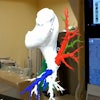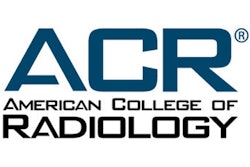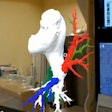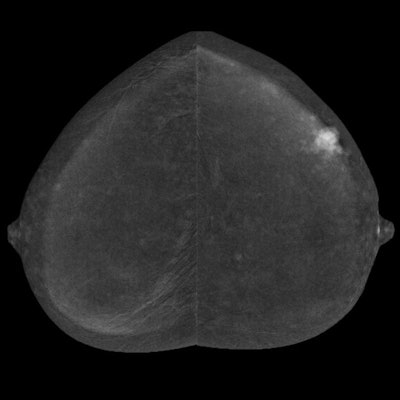
Multiple radiology stakeholders are partnering to support the Contrast Enhanced Mammography Imaging Screening Trial (CMIST) to improve early breast cancer detection and reduce false-positive exams in women with dense breasts.
Supported by the American College of Radiology (ACR), the Breast Cancer Research Foundation (BCRF), and GE Healthcare, the trial will be managed by the ACR Center for Research and Innovation.
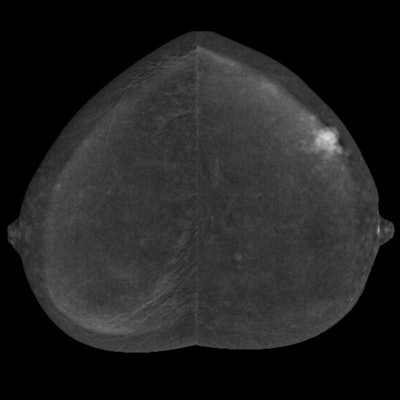 CMIST asks if CESM screening provides more accurate cancer detection than current screening methods in women with dense breasts. Image courtesy of the ACR.
CMIST asks if CESM screening provides more accurate cancer detection than current screening methods in women with dense breasts. Image courtesy of the ACR.CMIST seeks to determine if contrast-enhanced spectral mammography (CESM) provides more accurate cancer detection compared with a combination of digital breast tomosynthesis (DBT) and whole-breast ultrasound in women with dense breasts.
Dense breasts mask breast cancer, making it harder to detect via mammography alone. As a result, many women with dense breasts are screened with DBT and breast ultrasound. But are there other methods that work just as well? CESM combines mammography and vascular-based screening methods that highlight unusual blood flow patterns. It could be a more efficient screening approach, according to the stakeholders. In fact, early studies of CESM in women with dense breasts show an increase in breast cancer detection rate by 70% to 80% compared with conventional mammography.
The paired-design multicenter trial is expected to launch in spring 2020. The trial will evaluate the performance of CESM in screening women with mammographically dense breasts (BI-RADS density categories c and d), ages 40 to 75, at average-to-intermediate risk for breast cancer, compared with DBT and breast ultrasound.


